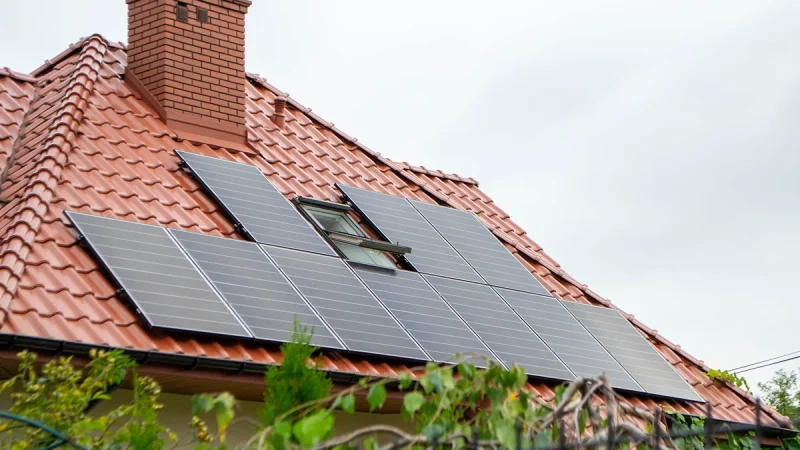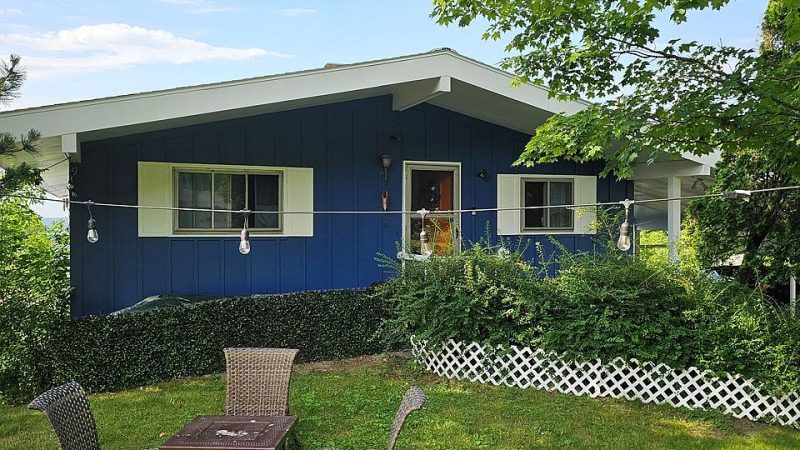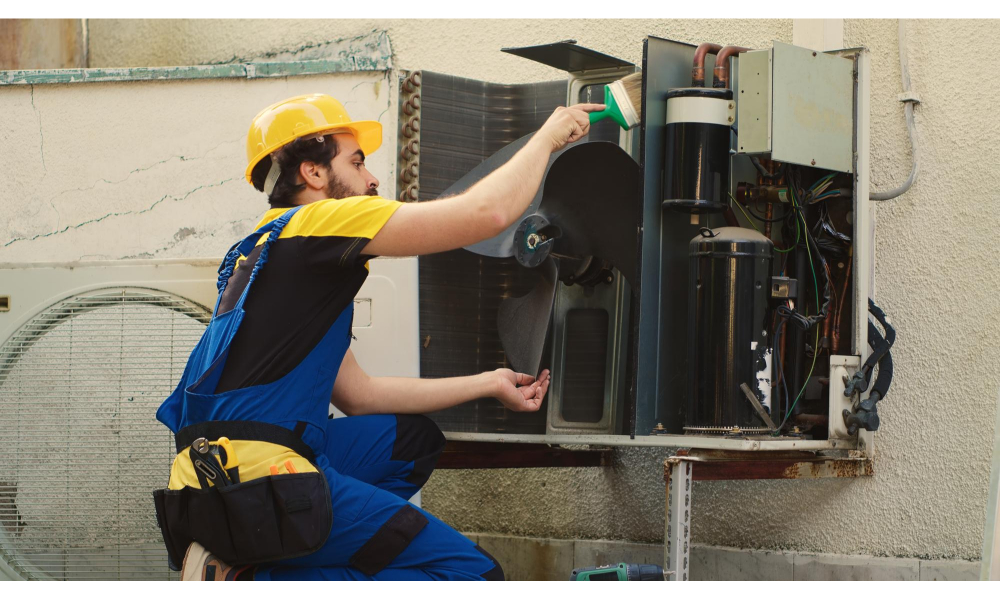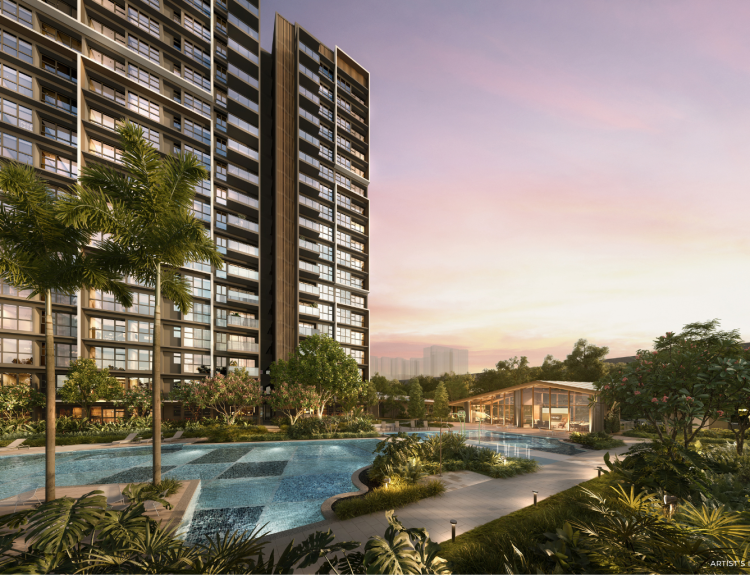When it comes to achieving comfort and efficiency in your home, selecting the right system for air conditioner installation is one of the most important decisions you’ll make. The right air conditioning unit not only ensures a cool and pleasant indoor environment but also helps reduce energy bills and long-term maintenance costs. Understanding what factors to consider before making your choice can save you time, money, and unnecessary stress.
1. Assess Your Cooling Needs
Before proceeding with air conditioner installation, it’s essential to assess your home’s specific cooling needs. The size of your space, the number of rooms, insulation quality, and local climate all play a vital role in determining the right system.
A unit that’s too small will struggle to cool your home efficiently, while an oversized system can lead to uneven temperatures and higher energy consumption. A professional HVAC technician can help conduct a load calculation to determine the correct system size for your home.
2. Energy Efficiency Matters
Energy efficiency is a key factor when selecting a system for air conditioner installation. Look for models with a high Seasonal Energy Efficiency Ratio (SEER) rating, as these systems consume less energy while delivering optimal cooling performance.
Energy-efficient systems may cost more upfront but can significantly lower electricity bills in the long run. Additionally, choosing ENERGY STAR–certified units ensures that your system meets strict energy-saving standards.
3. Choose the Right Type of System
There are several types of air conditioning systems available, and choosing the right one depends on your home’s layout and preferences. Central air conditioning systems are ideal for larger homes, providing uniform cooling through ductwork.
Ductless mini-split systems, on the other hand, are great for smaller spaces or homes without ducts. Other options, such as heat pumps, offer both cooling and heating functions, making them versatile and energy-efficient. Discussing your needs with an HVAC expert can help you find the best fit.
4. Consider the Installation Location
The placement of your air conditioning unit significantly affects its performance and lifespan. During air conditioner installation, ensure the outdoor unit is placed in a shaded area with adequate airflow to prevent overheating.
The indoor unit should be installed in a central location to allow even air distribution. Proper placement not only enhances efficiency but also minimizes wear and tear, ensuring your system runs smoothly for years.
5. Budget and Long-Term Costs
While it’s tempting to choose the cheapest option, focusing only on upfront costs can lead to higher expenses later. Quality air conditioning systems with proper installation often last longer and require fewer repairs.
When budgeting for air conditioner installation, consider maintenance, energy consumption, and potential warranty coverage. Investing in a reliable system from a trusted brand ensures lasting comfort and peace of mind.
Conclusion
Choosing the right system for air conditioner installation involves more than just picking a brand or model—it’s about finding a solution that fits your home’s needs, efficiency goals, and budget. By considering system size, energy efficiency, installation placement, and long-term costs, homeowners can make an informed decision that ensures year-round comfort and optimal performance. With expert guidance and proper planning, your new air conditioning system will deliver reliable cooling for many seasons to come.








